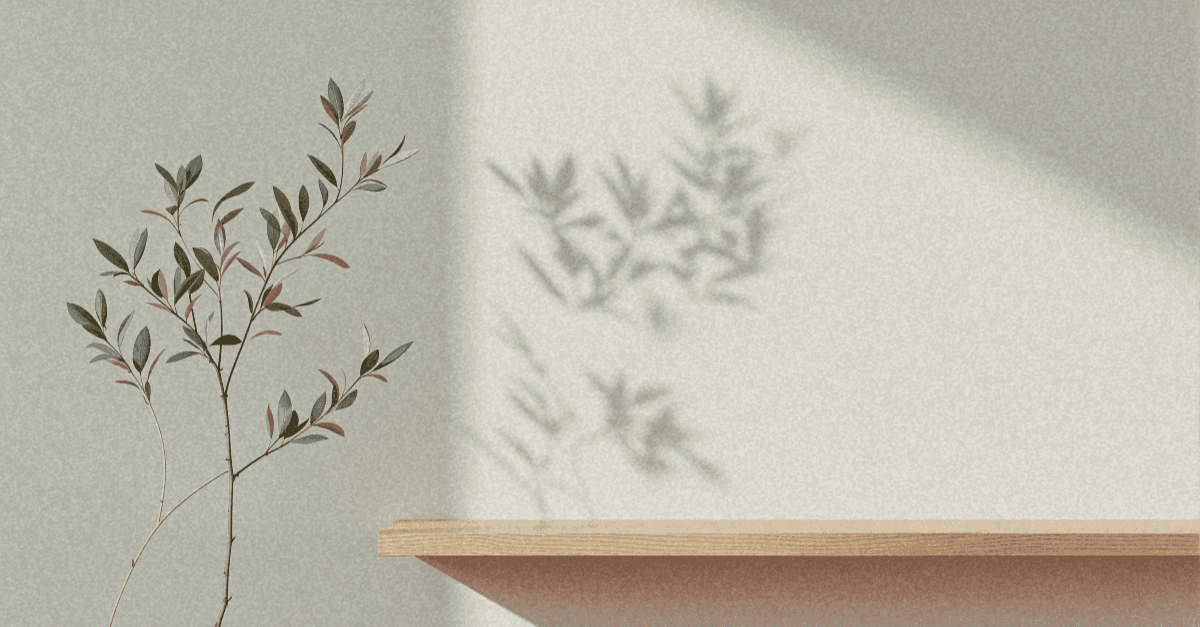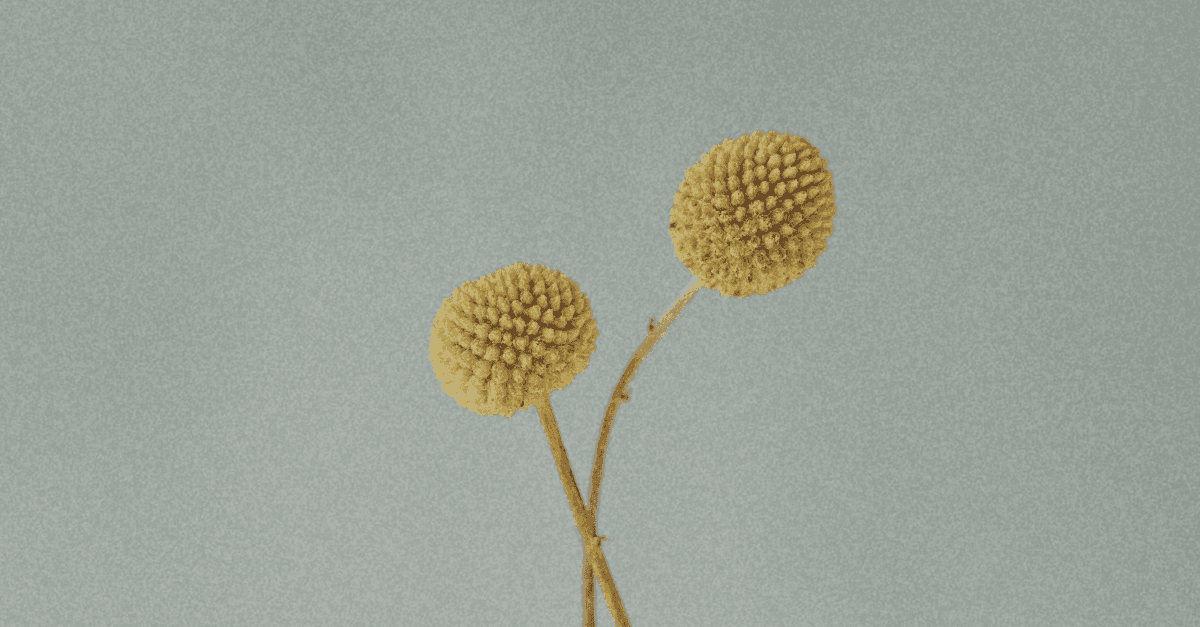
Pregnancy after loss is often called a “rainbow pregnancy,” and the child born from it a “rainbow baby.” Like a rainbow after a storm, it represents hope after pain. But living through that pregnancy doesn’t always feel bright and joyful. More often, it’s a complicated mix of fear, hope, and grief.
How It Feels Different From Pregnancy Before Loss
Many people describe pregnancy after miscarriage as a completely different emotional experience:
Anxiety at every milestone: Some find themselves holding their breath until each ultrasound, unable to celebrate. Negative milestones from your loss (“I found out at my 6-week ultrasound) may bring flashbacks or heavy emotions.
Difficulty bonding: Attaching emotionally to the pregnancy can feel terrifying — as if loving too soon might invite heartbreak again.
Hypervigilance: Every symptom (or lack of one) gets Googled, sometimes triggering memories of loss.
Mixed emotions: Joy can sit right alongside guilt — “Am I betraying the baby I lost by being happy again?” You may find yourself happy to be in the “pregnant crowd” again, but also resent people who haven’t experienced loss and seem carefree in their pregnancy.
The Symbolism of the Rainbow
The term “rainbow baby” resonates because it acknowledges both sides of the journey: the storm and the light. It doesn’t erase grief, but honors the reality that hope and loss can coexist.
“Pregnancy after loss isn’t the same as pregnancy before loss. It carries both fear and hope in equal measure.”
Supporting Yourself in a Rainbow Pregnancy
Acknowledge your fear instead of pushing it down.
Seek extra reassurance — more frequent check-ups or early scans can help.
Find community with others who’ve been through loss.
Honor your previous baby — rituals, memorials, or simple acknowledgment can help make space for both grief and joy.
Key Takeaways
Pregnancy after miscarriage is rarely carefree — anxiety and ambivalence are normal.
The concept of a rainbow baby validates the mix of emotions.
You are not “replacing” your lost child — love for both can coexist.
Support, rituals, and reassurance can help you carry both grief and hope.



